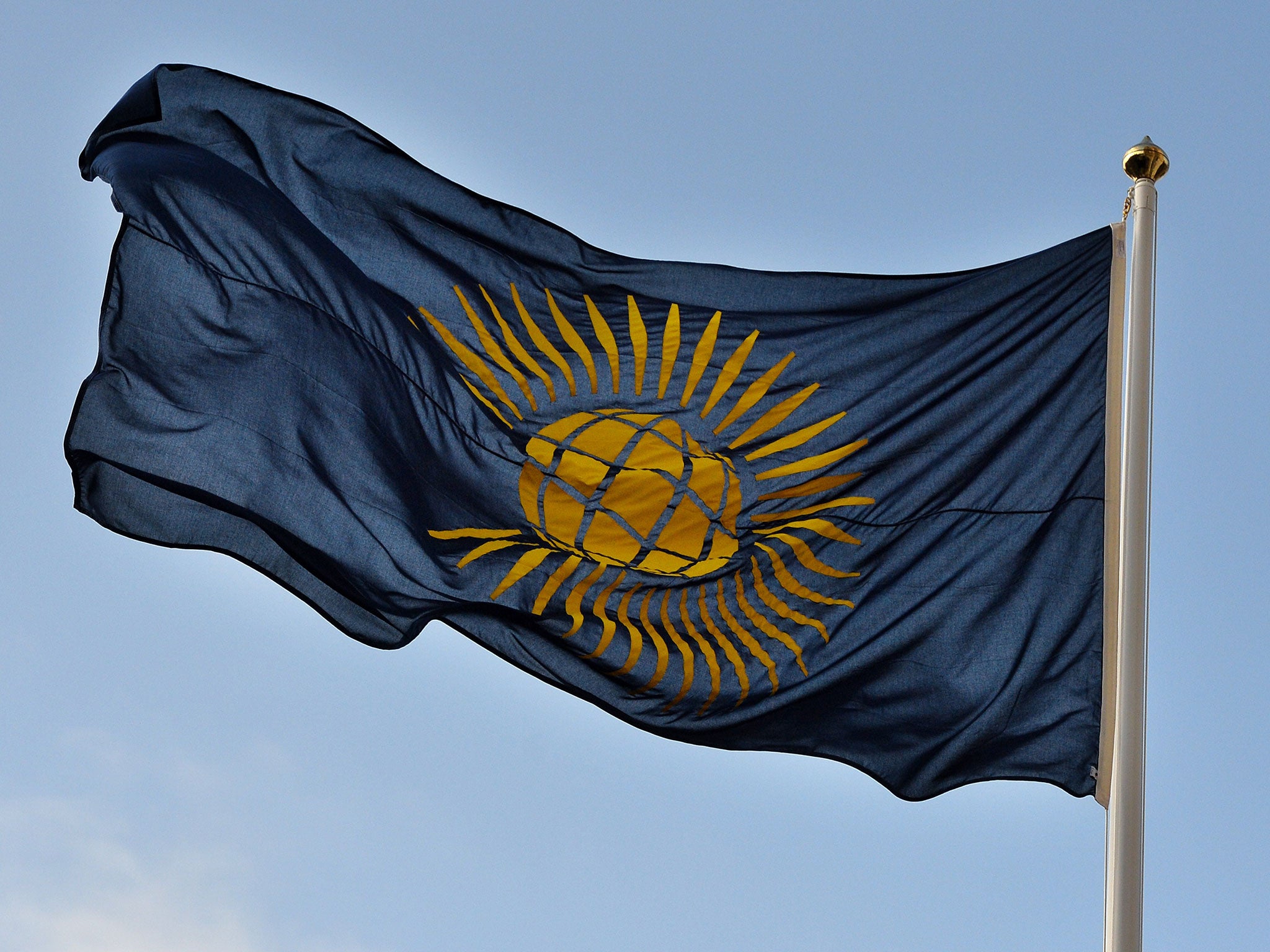Apart from the Games, what does the Commonwealth do?
The group of nations was formed officially in 1949

Your support helps us to tell the story
From reproductive rights to climate change to Big Tech, The Independent is on the ground when the story is developing. Whether it's investigating the financials of Elon Musk's pro-Trump PAC or producing our latest documentary, 'The A Word', which shines a light on the American women fighting for reproductive rights, we know how important it is to parse out the facts from the messaging.
At such a critical moment in US history, we need reporters on the ground. Your donation allows us to keep sending journalists to speak to both sides of the story.
The Independent is trusted by Americans across the entire political spectrum. And unlike many other quality news outlets, we choose not to lock Americans out of our reporting and analysis with paywalls. We believe quality journalism should be available to everyone, paid for by those who can afford it.
Your support makes all the difference.Thousands of the world’s top athletes began arriving in Glasgow on Monday, ahead of the start of the 20th Commonwealth Games.
Dubbed the ‘friendly games’, more than 4,500 sports men and women will compete in events across 17 sports from 24 July to 3 August.
Before Wednesday’s ceremony which will kick off the event, we answer what the Commonwealth is, and what it does.
What is the Commonwealth?
The Commonwealth is a voluntary intergovernmental association of 53 member states, almost all of which were formerly ruled by Britain - directly or indirectly. Therefore, the group encompasses nations from Africa, Asia, the Caribbean, the Mediterranean and the Pacific.
The states involved agree to share a common set of values and ideals, and acknowledge a shared history and traditional trade links.
What is its history?
Its name dates back to the 19th century, when in 1884 the British Empire was first described as the ‘Commonwealth of Nations’ by British Liberal politician Lord Roseberry in Adelaide, Australia during a famous speech.
As states under British rule gained independence at the start of the twentieth century, they became self-governing while remaining in the Commonwealth and retaining Britain’s monarch as Head of State.
A sculpture known as 'the Big G' is pictured in Glasgow in Scotland. The Commonwealth Games begin in Glasgow on July 23, 2014.
Read more: Katarina Johnson-Thompson will not take part
Will the Scottish referendum be the 'elephant in the stadium'?
Laura Trott: ‘I live a normal life. We walk the dogs, see his family...’
While the Statute of Westminster recognised Australia, Canada, New Zealand and South Africa as independent states in 1931, the modern Commonwealth was established in 1949 with the London Declaration.
This saw leaders agree to recognise they were "free and equal members of the Commonwealth of Nations" with the common goals of "freely co-operating in the pursuit of peace, liberty and progress."
These values are enshrined in the Commonwealth Charter and promoted by the Commonwealth Games.
The Declaration also meant member states could hold different constitutions, for example: India and South Africa are republics with a president as Head of State, while the United Kingdom, Canada, Australia and Barbados recognise Queen Elizabeth II as their Sovereign. But regardless of constitution, Queen Elizabeth II is recognised as the Head of the Commonwealth.
The group's central institution is the Commonwealth Secretariat. This body helps to organise meetings between member states, and offers advice on implementing policy, among other things.
What does it do?
Leaders of the Commonwealth meet every two years to at the Heads of Government Meeting, where they discuss issues of mutual concern and agree on collective policies and initiatives.
But unlike the United Nations, the Commonwealth cannot impose sanctions on member states, arguably making it less powerful.
In theory, as all members have an equal say, regardless of size or economic stature, the group gives smaller states a voice in international politics and influence in diplomatic circles they might not otherwise have.
However, the Commonwealth has been accused of failing to see its members uphold its basic principles.
In 2002, Zimbabwe was suspended for a year after supporters of President Robert Mugabe used violence to help him win an election. A year later, Mugabe withdrew from the coaliton.
Last year, the Gambia withdrew from the Commonwealth, accusing Britain of supporting his political opponents and calling the organisation a "neo-colonial institution."
Join our commenting forum
Join thought-provoking conversations, follow other Independent readers and see their replies
Comments